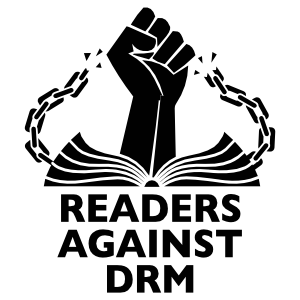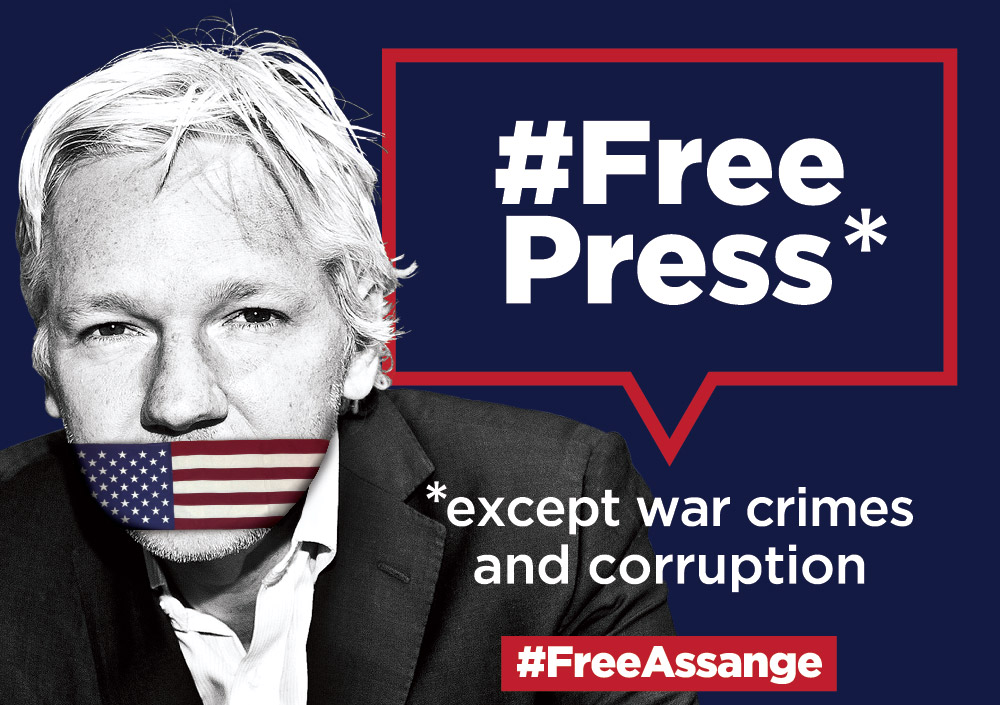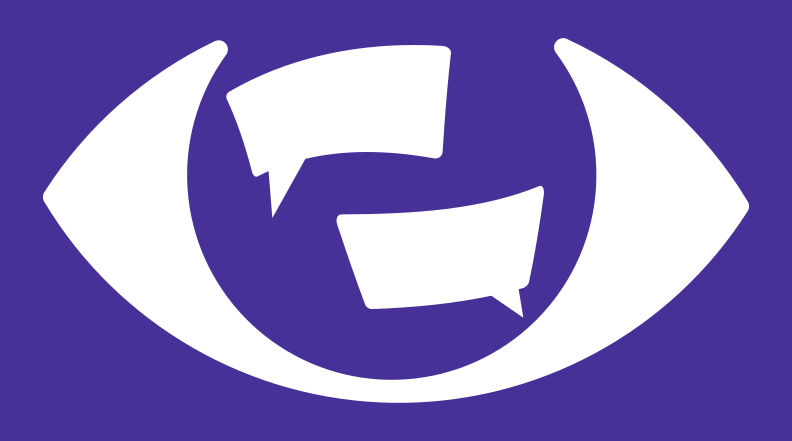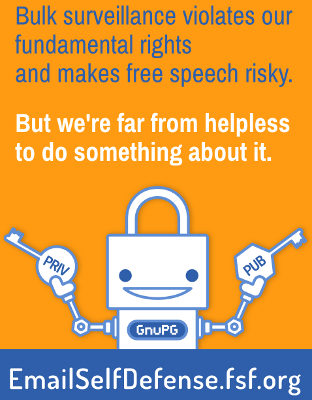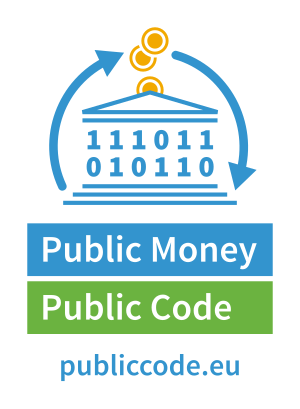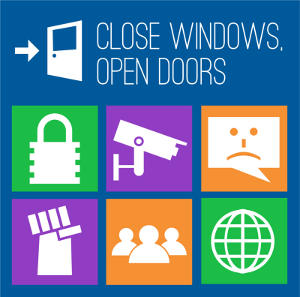Listen to this article:
Before we talk about the distinctions between a VPN and a proxy chain server, let’s first define what a VPN (Virtual Private Network) is.
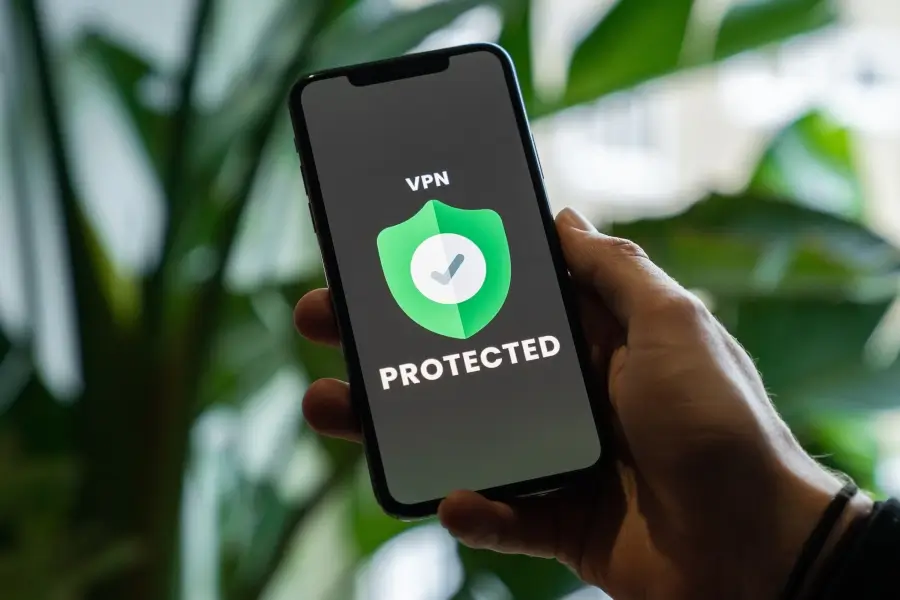
VPN (Virtual Private Network):
Virtual Private Networks, or VPNs, are a type of technology that establish safe, encrypted connections across public networks like the internet. Your device creates a tunnel to a distant server run by the VPN provider when you connect to a VPN.
This encrypted tunnel is then used to carry all of your internet traffic, thereby obscuring your IP address and encrypting all of your data.
Your device and the websites or online services you use are connected through the VPN server, giving you online anonymity and protection.
Key features of a VPN include:
- VPNs encrypt your internet traffic to make it more difficult for others to eavesdrop on or intercept your communications.
- IP address masking: By replacing your true IP address with the IP address of the VPN server, a VPN masks it so that websites and other services are unable to determine where you are.
- Anonymity: By hiding your online actions from your internet service provider (ISP) and other parties, VPNs help preserve your privacy.
Proxy Chain Server:
A proxy chain server, sometimes referred to as a proxy chain or proxy chain network, is a chain of connected proxy servers. Your internet traffic is routed through each proxy server in the chain until it reaches the last server before reaching its destination. Your request’s IP address is changed by each proxy server in the chain, making it seem as though the traffic is coming from other places.
Key features of a proxy chain server include:
- IP address obfuscation: A proxy chain server masks your true IP address by routing your traffic through several proxy servers with various IP addresses, making it challenging to link your online activity to your specific device.
- Traffic distribution: By distributing your internet traffic over several servers, proxy chains may enhance performance and load balancing.
- An additional degree of anonymity can be added by employing a proxy chain, which consists of several servers each with their own IP address.
Differences between VPN and Proxy Chain Server:
- VPNs offer end-to-end encryption between your device and the VPN server, encrypting all of your internet traffic in the process. Proxy chain servers, on the other hand, might or might not provide encryption. The particular configuration and protocols used in the chain will determine the amount of encryption.
- VPNs’ main purpose is to give users privacy, security, and anonymity by encrypting their data and masking their IP addresses. They can be used to connect securely to public Wi-Fi networks, access geo-restricted material, and shield your online activity from prying eyes. On the other side, proxy chains concentrate more on IP address obfuscation and are useful for getting around geolocation limitations or preserving anonymity.
- Usefulness: VPNs frequently include user-friendly software or applications that take care of the connection and encryption automatically. Proxy chain servers entail manually setting numerous proxies in a given chain, hence they frequently demand more technical expertise to set up and configure appropriately.
- Security: Due to their encryption capabilities, VPNs offer a higher level of security, shielding your data from potential risks when accessing untrusted networks. Unless extra security measures are put in place, proxy chains, particularly if they lack encryption, may make your data vulnerable to manipulation or interception.
- All of your internet traffic is routed through a single VPN server that is under the provider’s control while using a VPN. Proxy chains involve numerous servers run by various organisations, which, if improperly configured, might cast doubt on their reliability and privacy.
In conclusion, while proxy chain servers emphasise security and privacy, VPNs concentrate on encrypting your internet traffic.
No Tracking. No Paywall. No cookie consent banner!
If you find my blog helpful, you can help support my work by sharing my posts, following me on X/Twitter, or buying me a coffee. You can also become a supporter on LiberaPay. Your support is greatly appreciated and it motivates me to continue creating content that benefits others. Thank you for being a part of my community and contributing to my mission.
